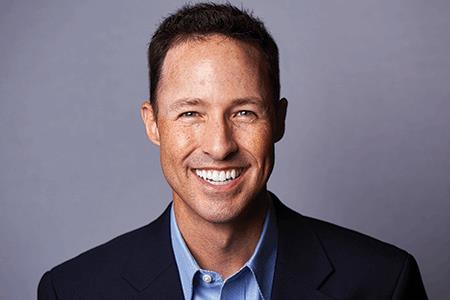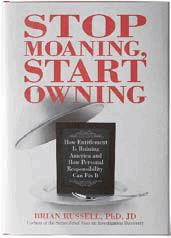"Sociopath-Proof" Your Organization: 5 Questions To Ask Today
By Brian Russell, Ph.D., JD, MBA
 After being expelled from Harvard for a computer hack that altered his transcript, Ajay Thomas changed his name to Mathew Martoma, somehow scored a Wall Street job, and, in 2008, insider-traded shares of two public life science companies to the tune of $275 million. He was caught, convicted, fined $9 million, and sentenced to nine years in prison, yet his parents maintained he was innocent and had been framed.
After being expelled from Harvard for a computer hack that altered his transcript, Ajay Thomas changed his name to Mathew Martoma, somehow scored a Wall Street job, and, in 2008, insider-traded shares of two public life science companies to the tune of $275 million. He was caught, convicted, fined $9 million, and sentenced to nine years in prison, yet his parents maintained he was innocent and had been framed.
Sadly, oblivious parents are raising more sociopaths in America today than ever (in one study, approximately a third of high-schoolers admitted to shoplifting in the prior year, yet the vast majority rated themselves high in character). And if they get into your organization, they can do incalculable damage to your reputation and finances. Typical interview questions about ethics won’t weed them out, but here are five questions you should consider:
5 QUESTIONS LIFE SCIENCE LEADERS SHOULD ASK THEMSELVES
- Does everyone in my organization know the values I expect us to embody in everything we do? After physical safety, that’s a leader’s number- one job, and it’s not enough to articulate values — the leader then needs to verify that everyone at every level is getting the message.
- Am I assessing ethics? While no assessment can guarantee whether someone will do something wrong in the future, you can assess past behavior, and you can assess how closely applicants’ perspectives
on ethics match your own; you should be doing both. And if they really matter, you should be assessing ethics not just when hiring but also in subsequent performance evaluations. - Does my behavior demonstrate the values I articulate? You should be doing both what you say you’ll do and what you expect others to do. If you expect members of your organization not to cross ethical lines, it’s best they not walk those lines. To that end, “walking the walk” is more important than “talking the talk”— you should be leading by example and not be walking those lines yourself.
- Have I made it hard to do the wrong thing? Anyone inclined to cross an ethical line should know you’re watching, and if someone’s caught crossing a line, you should know that everyone else is watching. If, for instance, they see you give a high-level or high-performing individual a pass, they’ll conclude that unethical behavior is acceptable when it’s accompanied by position or performance (or worse, they’ll conclude that unethical behavior is how to achieve position or performance).
![]()
- Have I made it easy to do the right thing? You should be clear that no one is to be penalized for reporting suspected unethical behavior in good faith and that there’s nothing, short of a physical safety hazard, about which you want to be told more urgently (and make it easy to tell you). Lastly, you should be developing people with respect to ethics, coaching them, both on what not to do and on what to do instead.
While no organization is “sociopath-proof,” if you’ve answered “Yes” to fewer than all five of the above questions, it’s likely that more can be done to reduce ethical risk in your organization.

